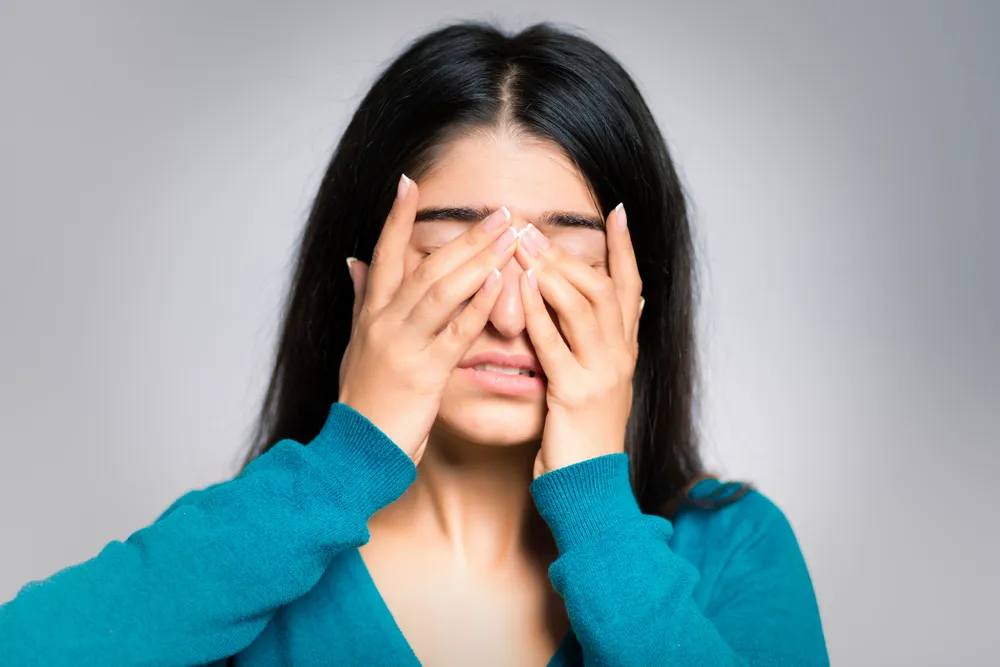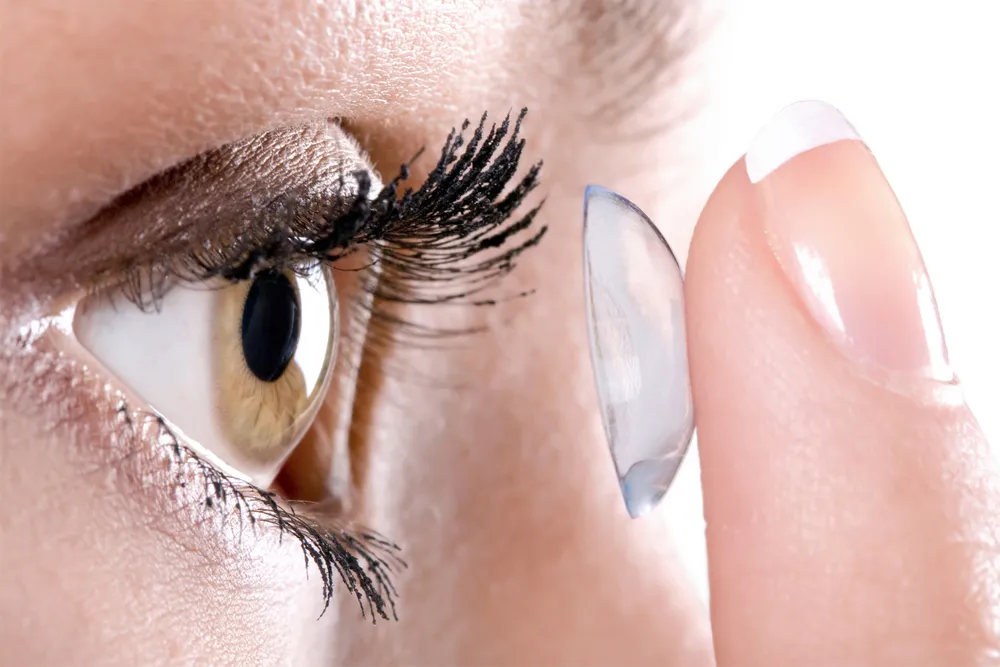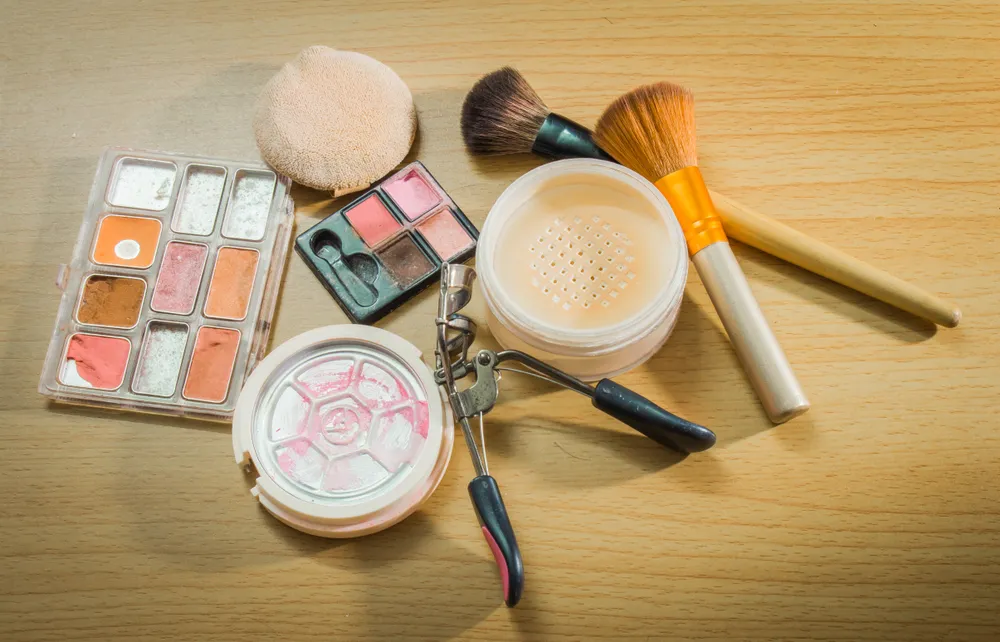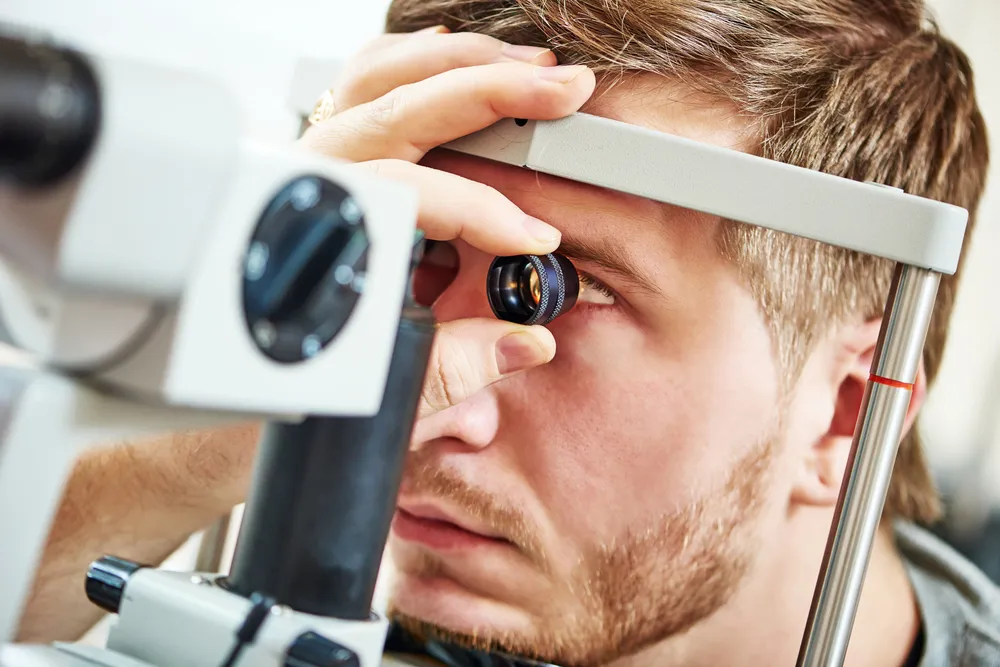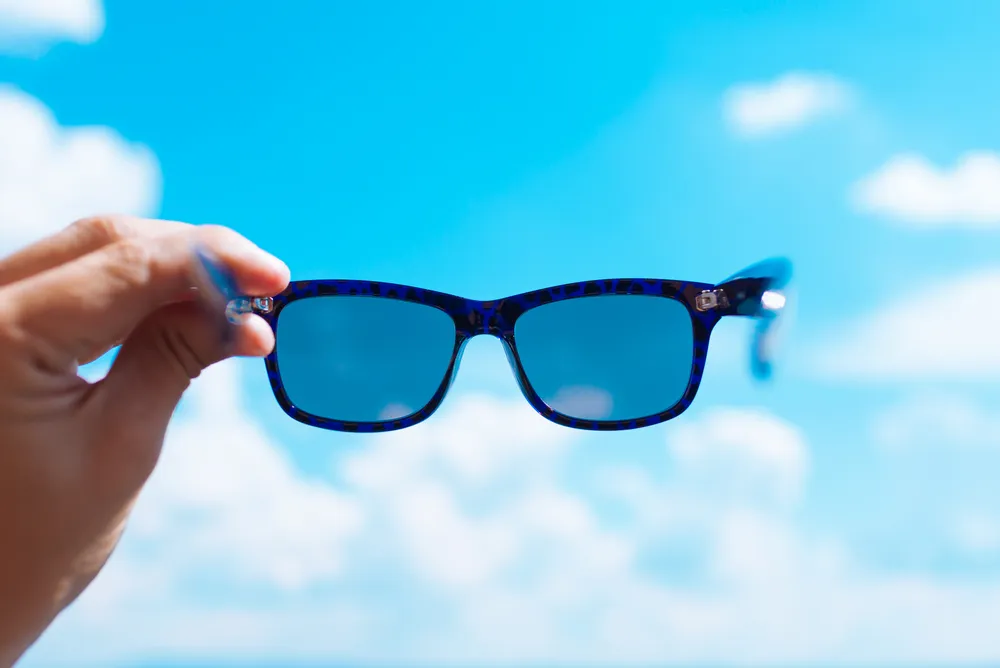When it comes to your eye health, some conditions are hereditary, but others can be the result of your habits. It’s important to check in on your daily habits because you might be surprised to find out that some of the things you do on a daily basis have a negative effect on your vision.
Do you find yourself rubbing your eyes throughout the day or fallen asleep still wearing your cosmetics? These are just a few of the habits that could have potential negative effects on your vision. If you want to have healthy eyes and clear vision for years to come, follow along as we break down a few common poor habits that could end up harming your vision.
Too Much Time Behind a Screen
Spending too much time behind a screen can have drastic impacts on your vision, especially over time. Screens emit blue light, which can strain the eyes and can actually cause your blinking rate to decrease. This causes tear production to decrease which can lead to the eyes to feel dry, tired and cause blurry vision.
Experts recommend following a 20-20-20 rule when it comes to limiting screen time and relieving eye strain. This rule suggests that for every 20-minutes you spend in front of a screen, shift your eyes to look at an object 20 feet away for at least 20-seconds. This can help your eyes to readjust and give them time to relax. Blue light glasses have also been known to help protect the eyes from strain and counteract the effects of blue light.
Rubbing Your Eyes Too Frequently
Rubbing your eyes is a common habit, especially for those who struggle with eye strain and are seeking relief. This habit, however, can actually cause more damage in the long run. Your hands pick up bacteria and dirt throughout the day, which can transfer to your eyes when you rub them.
Jessica Ciralsky, M.D., a cornea specialist, shared more about this habit with SELF. “Eye rubbing has been linked to permanent corneal damage—like disorders known as keratoconus in which the cornea thins and begins to bulge outward—and it can also break the fragile vessels around the eye.”
Not Getting Enough Sleep
Getting enough sleep is so important to functioning at your peak capacity and allowing your body time to rest. It’s also important to optimize your eye health and vision. Not getting enough rest can cause eyes to become red, bloodshot and cause dark circles. A lack of sleep can also cause eye twitches, dry eyes and blurry vision.
Not getting enough sleep not only affects your vision, but also affects your overall quality of life and health. Experts suggest that most adults should get between seven to nine hours of sleep per night for optimal health.
Not Eating Properly
It’s common knowledge that the food you consume has a direct effect on your health, but did you know this includes the health of your eyes? If you aren’t incorporating enough healthy foods into your daily diet, then you’re likely not getting the proper vitamins, minerals and fatty acids for optimal eye health.
Foods such as colorful fruit, leafy greens, and fish are all important for maintaining healthy eyes and vision. Eating a healthy, nutrient-rich diet can also help prevent or manage eye disease that comes with age.
Sleeping in Cosmetics
If you’re a makeup-wearer, falling asleep with makeup on is a mistake that you may be guilty of. If this becomes a habit, however, you might be harming your eye health. Sleeping with cosmetics on, especially on the eyes, allows bacteria to build up which can lead to damage and infection.
To protect your eyes before going to sleep, ensure that you have thoroughly removed all makeup to reduce this risk. It’s often recommended by skin experts to even double cleanse the skin and eye area to ensure that the area is fully cleansed and makeup-free.
Wearing Old Contact Lenses
Are you a contact wearer? There’s a few important facts you should know about contact care that might be damaging your eye health. Firstly, it’s important to adhere to the recommended length of time you should wear your contacts for.
It may not seem like wearing one-day wear contacts for a second day could cause much harm, but this increases your risk of developing an infection. Wearing old contact lenses, sleeping in contacts, or forgetting to switch your contact case every few weeks can cause significant long-term damage on your eye health and cause vision-blurring infections.
Wearing Contacts in Water
Another contact care habit that could be harming your eye health is wearing your contacts in the pool, shower or a body of water. Wearing your contacts in any body of water, even the shower, can allow bacteria to enter and become trapped in the eye.
In extreme cases, going into a body of water with contracts can trap a microorganism called an acanthamoeba into the eye. This microorganism lives in freshwater and soil and can cause serious infection, permanent damage or even lead to blindness.
Using Expired Cosmetics
If you’re a makeup-wearer, it’s important to keep track of how long your cosmetics are good for and to toss them once expired. When it comes to eye makeup, using expired eyeliners and mascaras, among other eye products, can lead to eye infections due to a buildup of bacteria.
A general rule of thumb is that eye products should be thrown out every three months. Experts suggest six to nine is typically acceptable for mascara, and even longer sometimes for eye shadows, but to always err on the side of caution.
Smoking
It’s a known fact that smoking can be detrimental to a healthy lifestyle, but did you know that smoking can have a negative effect on your eye health too? According to SELF, smoking is associated with a higher risk of cataracts and age-related macular degeneration.
Age-related macular degeneration is the leading cause of vision loss among the 50+ age group and smoking doubles the risk of developing this condition. This condition involves damage to a small spot on the retina, which helps to keep vision sharp. When this part of the retina deteriorates, your vision does as well.
Dehydration
Hydration is another important component to an overall healthy lifestyle, but can also contribute to eye health. Experts suggest that adults should be drinking 8 glasses of water per day. This number should increase if you’re consuming more sodium.
If your body is dehydrated, it can affect your eyes by causing them to not produce enough tears to stay nourished and lubricated. When the body becomes dehydrated, it’s common for the eyes to become red, dry, irritated and itchy, which can also lead to blurred vision.
Skipping Regular Eye Exams
When was the last time you got your eyes examined? It’s important to schedule regular comprehensive eye exams to detect vision problems or eye disease. These exams are especially important because some eye conditions have minimal symptoms and warning signs, such as glaucoma which can lead to permanent, irreversible loss of vision.
Early detection of eye diseases can make a huge impact on preserving vision as we age. It’s recommended to schedule an eye exam annually, or every two years at a minimum.
Not Wearing Sunglasses
Do you wear sunglasses every time you go outside? If this isn’t a daily habit of yours, you may be damaging your eyes. Extensive exposure to UV rays can damage the retina and ultimately put you at risk for major eye conditions like cataracts or abnormal growths.
Be sure to bring a pair of sunglasses with you next time you head out the door to avoid risk and protect your eyes. If you’re a contact wearer, you could also consider purchasing contacts with UV protection for an added layer of defence against the sun and its harmful rays.


